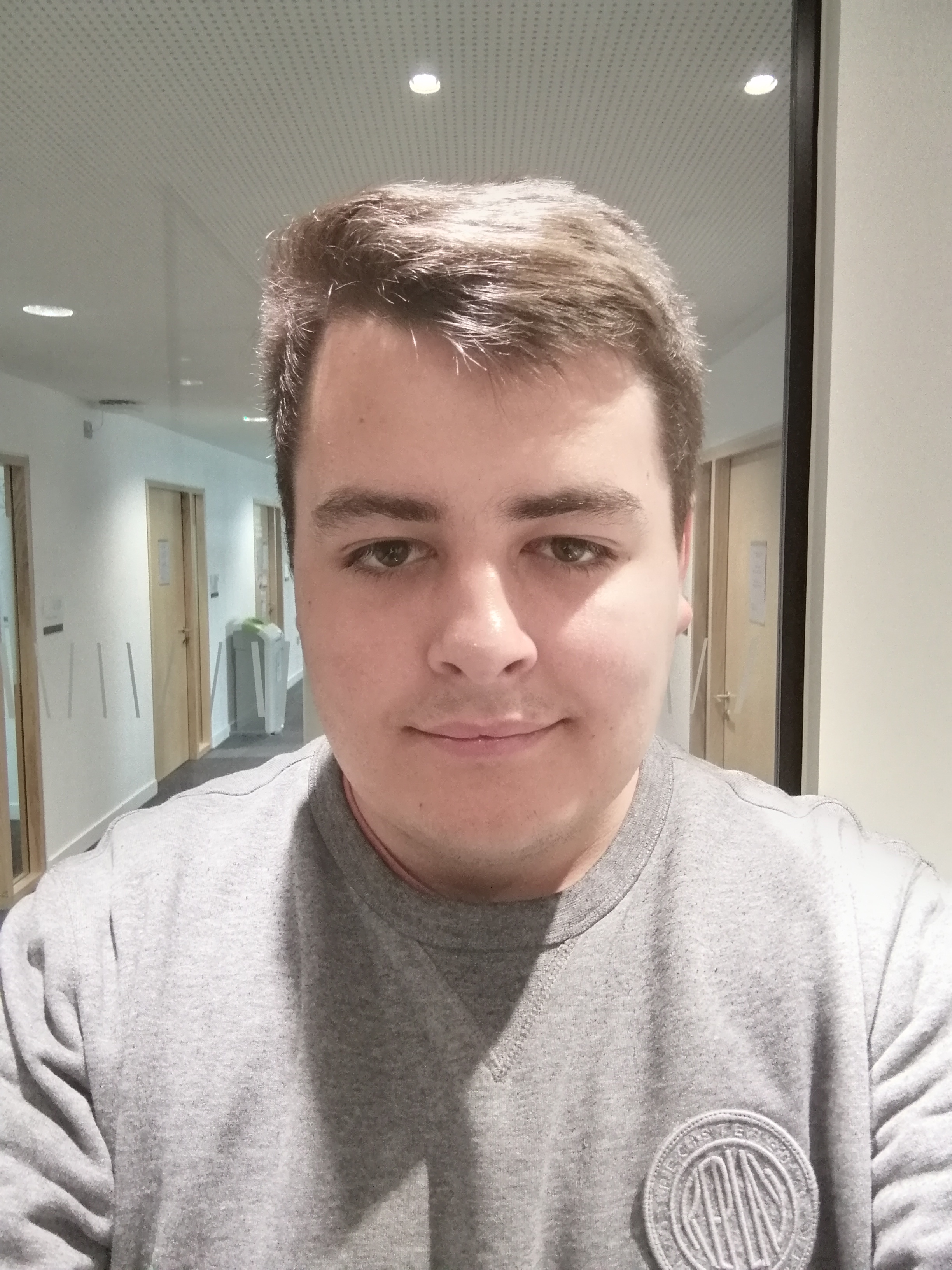We caught up with PhD Statistics Researcher Thomas to find out more about his research, why he chose to study at Kent, and his plans for the future!
What are you researching?
I’m working with Professor Rachel McCrea and Dr Eduard Campillo-Funollet to research the illegal and legal wildlife trade. In particular, we are focused on some of the behaviours associated with the trade. We are looking at applying natural language processing to online postings, the use of sensitive survey techniques, and analysing and clustering criminal networks.
Why did you choose to study at Kent’s School of Mathematics, Statistics and Actuarial Science?
Having done my undergrad at the University, I knew how professional, friendly and knowledgeable the staff were in SMSAS. The Statistical Ecology at Kent (SE@K) research group is one of the world leading research groups in Statistical Ecolog, with strong links to the Durrell Institute of Conservation and Ecology (DICE), the British Trust for Ornithology (BTO), Butterfly Conservation (BC), the Bumblebee Conservation Trust (BBCT) and the Mauritian Wildlife Foundation (MWF).
What do you like about the set up for research students in the School?
You are given your own desk and workspace in an office shared with other PhD students making it easy to share and communicate your work. The relationship between lectures and students is great and there are plenty of opportunities to network and socialise. SE@K organises monthly visits to the pub and there are weekly seminars allowing you to share your work.
What are you particularly enjoying about your time here?
The feeling of being part of the research community at Kent is amazing, and there are plenty of opportunities within the department.
How have you found the supervision process?
It’s great so far. We have weekly informal meetings in Sibson Café on Thursday mornings.
How do you think postgraduate study differs from undergraduate study?
Flexibility is a major plus of postgraduate study as you are your own boss. With that being said, postgraduate study requires a significant amount of self-motivation.
What would you like to do when you complete your PhD?
When I finish my PhD, I aim to go into private, NGO, or government research. The skills I aim to gain from this PhD are extremely transferable to these roles. In addition to this, due to SMSAS SE@K’s reputation, I may have an opportunity to work with the WWF and the South African government for a few months during my PhD.
Any advice for those thinking about taking a research degree at Kent?
Talk to the staff if you are considering doing a PhD and arrange a meeting with them. They are all super friendly and they can tell you more about the project you are considering. Working in SMSAS has such a supportive atmosphere, and you really feel like part of the wider research community.

